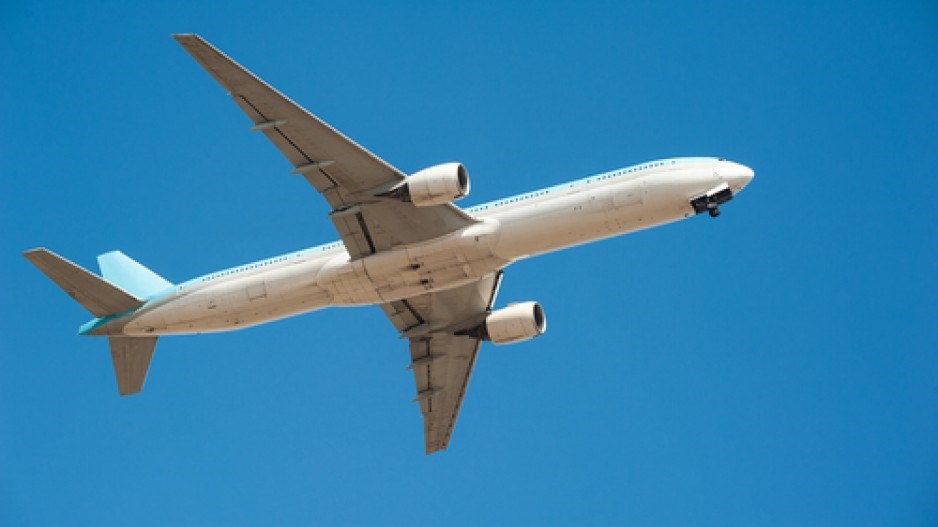Ottawa should negotiate more flexible international air agreements and post all current agreements on the Internet to make the air agreement process more transparent, BC Liberal Party MLA Rob Howard told Business in Vancouver May 7.
Howard is parliamentary secretary to the minister of transportation, with a focus on air agreements. He said that he has encouraged federal transport minister Denis Lebel, through Lebel’s staff, to post all Canadian air agreements online.
“The push is for more transparency and more open skies agreements,” Howard said. “The rest of the world is moving on, especially our major competitor. The U.S. is signing open skies agreements at quite a pace.”
He pointed to how all of the U.S.’s air agreements are posted online.
Air agreements are often a political perk doled out by countries as part of trade packages.
Canada’s lack of an open skies agreement with the United Arab Emirates enabled Air Canada to quash Emirates Airlines’ plans to fly direct between Vancouver and Dubai and increase its thrice-weekly Toronto-to-Dubai service.
Air Canada similarly opposed Singapore Airlines’ request to increase its thrice-weekly flights between Singapore and Vancouver via Soeul, Korea, prompting Singapore Airlines to stop flying out of Vancouver International Airport in April 2009.
“We need to put more of an economic lens on these developments,” Howard said. “People understand and get this. They might have a ski hill north of Kamloops or an eco-tour company in Fort St. John. If there aren’t direct flights then people don’t come.”
For an airline to fly to another country, both its home nation and destination country must have an air agreement.
Air agreements fall into three categories.
- Restrictive – Canada’s agreement with Thailand stipulates the number of times airlines can fly to the other country and which ports they can fly into.
- Liberal – Canada’s agreement with the European Union allows unlimited travel between Canada and all E.U. ports. The agreement does not, however, give carriers so-called fifth freedom rights, which allow an airline to fly on to a third country; and
- Open skies – Agreements that allow national carriers to fly unlimited flights between two countries and to fly on to third countries.
Open-skies agreements do have some restrictions, however.
For example, the open skies agreement between Canada and the U.S. prohibits an American airline from flying into Vancouver and then on to another Canadian city.




